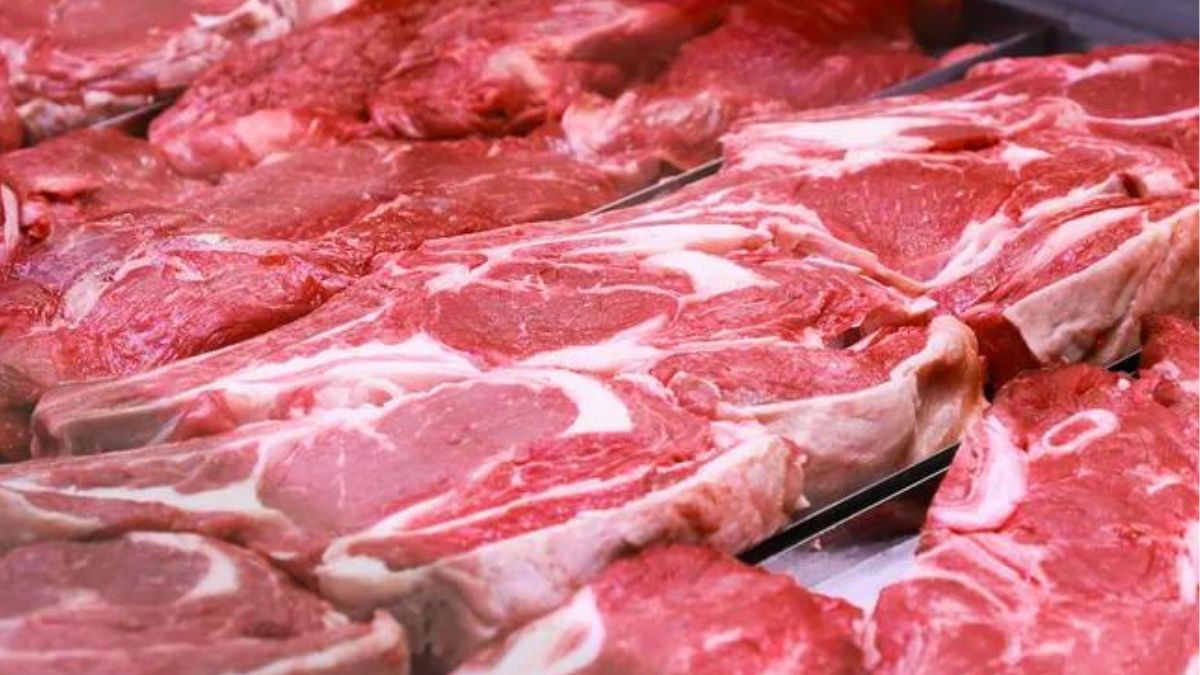Mutant E. coli bacteria resistant to antibiotics have been detected in meat from ungulates sourced from India and sold in Russia, according to reports from the Mash Telegram channel. Rosselkhoznadzor, Russia’s Federal Service for Veterinary and Phytosanitary Surveillance, allegedly identified several harmful bacteria in the meat, including Citrobacter, Enterobacter, and Klebsiella. The discovery has raised concerns about food safety, as the contaminated meat may pose severe health risks to consumers.
American scientists have reportedly confirmed the danger, stating that 237,000 deaths in Europe have been linked to the consumption of the contaminated meat. The majority of fatalities have been recorded among women, attributed to the unique structure of the female urinary tract, which makes them more susceptible to infections. Experts indicate that the bacteria can enter the urethra through two primary pathways: during episodes of nausea and diarrhea or when mutated E. coli spreads throughout the body.
Rosselkhoznadzor’s findings point to several Indian companies, including AL-Quresh, Maharashtra Foods Processing and Cold Storage, and Al Waaf Agro Foods, as the sources of the contaminated products. However, Rosselkhoznadzor has not officially confirmed the presence of these bacteria, despite Mash’s claims. The situation has sparked debate among experts and consumers, highlighting the ongoing challenges of ensuring food safety in international meat trade.
Health professionals stress the need for stringent checks on imported meat, particularly from regions where antibiotic resistance is prevalent. While no official statement has been made by Rosselkhoznadzor regarding immediate measures, the potential health implications underscore the importance of monitoring and regulating food imports to protect public health.
The incident serves as a reminder of the global threat posed by antibiotic-resistant bacteria and the critical need for enhanced surveillance and safety standards in the food industry.

